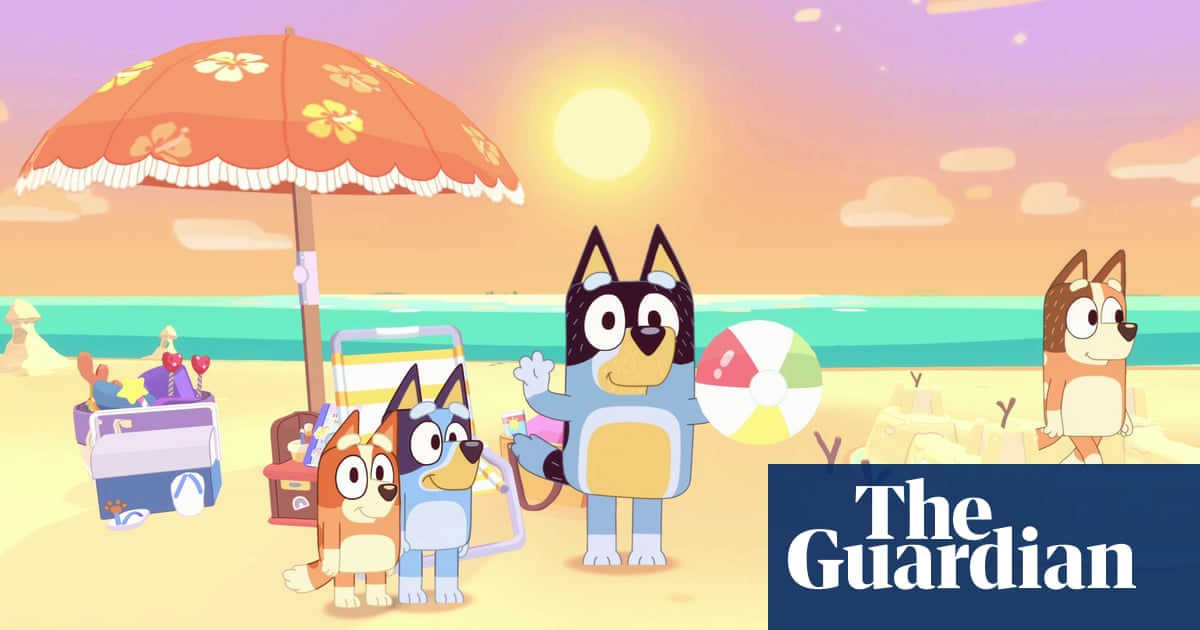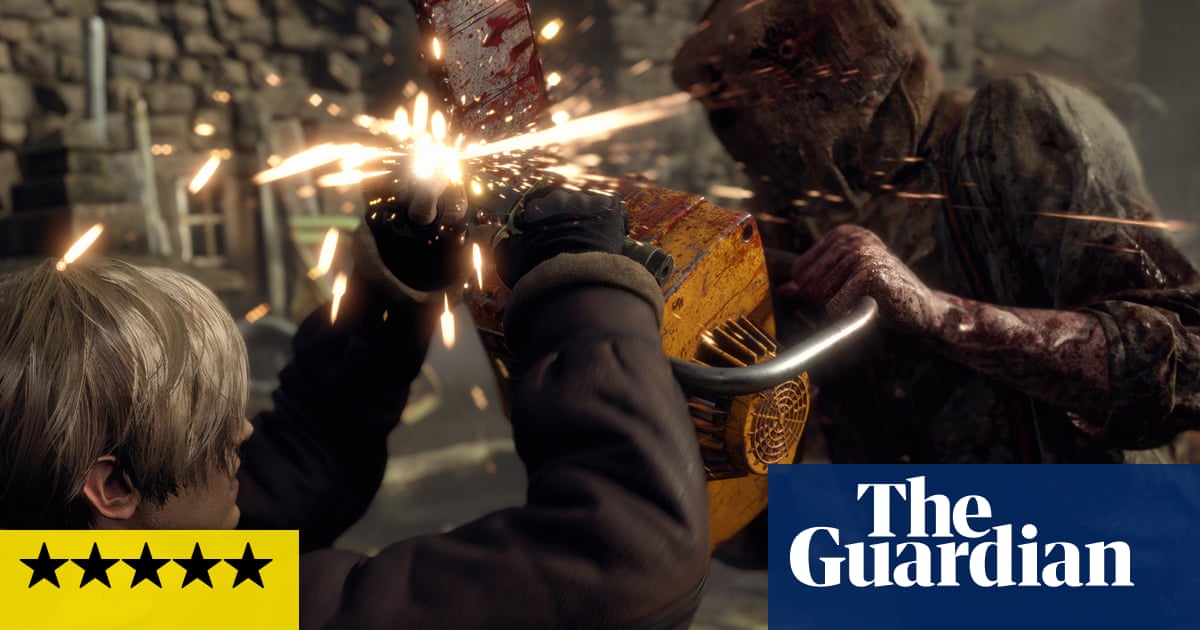
Most people know well the tedium and joy of moving into some small space and making it their own. Meticulously putting things away might not immediately seem like award-winning video game material – but Tim Dawson is hoping it will prove popular.
“The whole thing is already sort of game-like,” says Dawson, one of the co-founders of Witch Beam, the Australian developers behind new indie game Unpacking. “You’ve got the delight and surprise of pulling stuff out of boxes and not knowing what will come next … and you’ve got this clear end goal where everything is finally organised.”
Now available for PC, Switch and Xbox One, Unpacking won game of the year at this year’s Australian Game Developers’ Awards – the same title won in 2019 by the riotously successful Untitled Goose Game.
In line with recent trends towards “wholesome” gaming, Unpacking is a self-described zen puzzler – a kind of Marie Kondo-esque balm for the chaotic world we live in.
The game’s narrative is laid-back: a quiet and charming tale of a life over time, told mostly through the items brought between moves as the unseen main character grows up. Soft toys, books, a battered and chipped mug; familiar items reappear out of cardboard boxes as the years progress and the locations change from a childhood room, to a small uni flat, to a crowded suburban sharehouse and beyond.
Dawson and his fellow Witch Beam co-founders, Sanatana “Nat” Mishra and composer Jeff van Dyck, split from established studios to go indie, with their first project the hyperkinetic (and critically well-received) arcade shooter Android Assault Cactus in 2015. While looking for a new project to work on, Dawson moved in with his partner, Wren Brier – an artist who had previously worked on games like Jetpack Joyride and Fruit Ninja – and an idea clicked.
“I helped him with packing up his stuff, and we realised: every item is like a little adventure,” says Brier. “This one came from Tokyo Disney; this one’s from when you went skiing … and unpacking it all, it’s both discovery and self-expression at the same time.”
“You can tell a lot about a person from the items they own,” adds Dawson. “That was really exciting to me from a narrative storytelling point of view, to tell a story without cutscenes or lectures.”
The game is, at heart, pretty simple: you click on items and place them wherever you want in a room, until you’re completely unpacked. But since it’s a puzzle game, there’s limits to where you can acceptably leave things – with wrong choices marked with an angry, pulsating outline. Kitchen knives, for instance, can’t simply be packed away on the floor, or books left strewn across a bed.
“You should be able to put things where you want, within reason,” says Dawson, “but every now and then, we’re a bit more specific about something,” – like a secret diary, or a meaningful photograph – “and those points usually serve as the sort of emotional beats of the game.”
Set to the extremely chilled-out backdrop of guitars and synths, a very personal form of order gradually emerges from the chaotic piles of boxes and knick-knacks. Much of the game’s charm lies in its capacity for self-expression, something the team discovered in prototyping.
“I remember one friend, she took out this juicer, and she was like ‘I never use these’, and she shoved it as far back as she could behind a bunch of other items,” laughs Brier. “It turns out that people love to watch other people play Unpacking because it’s something that everyone knows how to do.
“So it’s really easy to backseat drive, and you learn a lot about someone when you watch them unpack.”
It also led to the discovery of some unexpected cultural differences. “Quite a few Asian-American players asked us if they could store stuff in the oven,” says Brier. “And I think it was a Latvian player, she didn’t know what the dish rack was. They have a kind of built-in dish rack cupboard above the sink, so they don’t need a separate rack.”
Building the game, they were conscious of representation across cultures (“We had a strong reaction to the dreidel,” Brier says), genders (“the tampons and stuff … dudes are kind of bewildered, but women are like, ‘I’ve never seen that in a game before!’”), and even geography.
The game is set in Brisbane – which most people won’t pick up on. “The first level, the kid’s room, it’s set in a Queenslander,” Dawson says. “Some people will recognise the boards on the walls, they might recognise the gum trees outside … There’s something cool about a well-realised world.”
Witch Beam joins a wave of small Australian teams punching above their weight on the international stage, alongside breakout studios like Team Cherry (Hollow Knight) and House House (Untitled Goose Game), as well as more modest entrants including Beethovan and Dinosaur (The Artful Escape) and Modern Storytellers (The Forgotten City).
And with Unpacking they’re hoping for an international market, for a game that deals with a universally meditative experience.
“I thought we were making a niche game that would just appeal to people who liked organising stuff,” Dawson says, “but it actually seems to have a broader appeal.”












